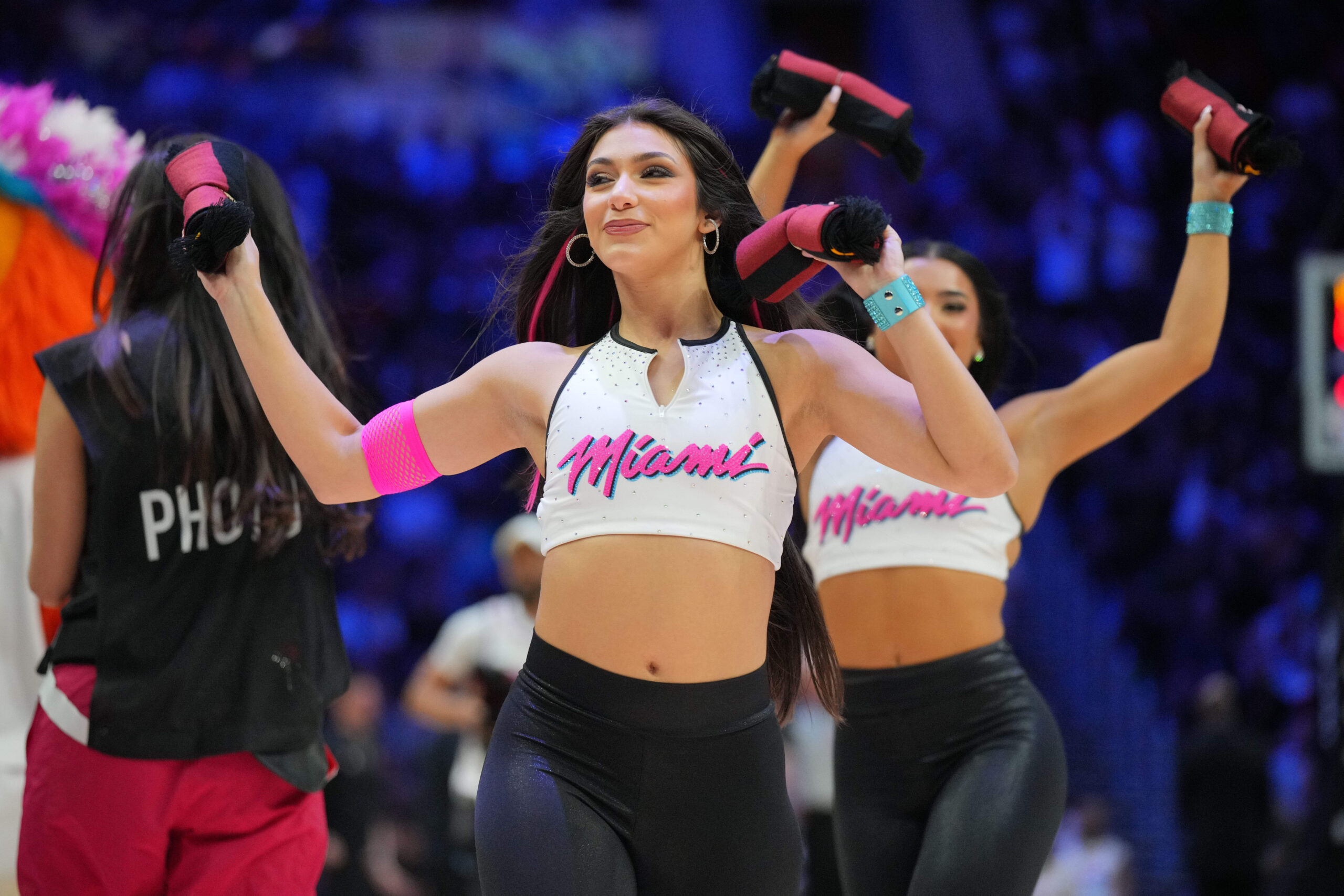
- The Florida Gaming Control Commission today issued three cease-and-desist orders to illegal operators
- The commission ordered Bovada, MyBookie, and BetUS cease operations in the state
- Only legal sportsbook operator in Florida is Seminole Tribe
Florida gaming regulators sent a sweeping message to illegally operated gaming companies in the Sunshine State.
The Florida Gaming Control Commission issued three cease-and-desist letters to Bovada, MyBookie, and BetUS.
The three companies offer illegal gaming in the state, according to the commission.
Florida Says No To Overseas Operators
The commission sent notices to Milvus Ltc, (BetUS.com.pa), Harp Media B.V. (Bovada.lv), and Gaming Services Provider, N.V. (MyBookie.ag).
According to a notice from the commission, the three companies offer illegal online sports betting, online casino games, and horse racing. Under Florida law, this conduct is a federal offense.
“Gaming, both land-based and online, is strictly regulated in Florida. For example, when it comes to slot machine gaming, counting the eight legal, state-licensed slot machine businesses, and the six tribal gaming locations currently operated by the Seminole Tribe of Florida, there are only fourteen legal slot machine businesses in Florida,” Florida Gaming Control Commission Executive Director Ross Marshman. said in a release.
Marshman went on to remind Florida bettors that the only legal online sports betting operator in the state is Hard Rock Bet, which is owned by the Seminole Tribe.
“The only online sportsbook operating lawfully in Florida is the Seminole Tribe of Florida’s Hard Rock Bet. Anyone in Florida betting on the Big Game needs to know this. Bettor beware.”
States Cracking Down on Illegal Operators
Florida is the first state to send a cease-and-desist to BetUS, but several other states have sent notices to MyBookie and Bovada.
Most recently, the Michigan Gaming Control Board (MGCB) also issued a cease-and-desist notice to MyBookie.ag.
MGCB Executive Director Henry Williams noted that the agency is dedicated to safeguarding consumers and ensuring compliance with Michigan gaming law.
“Our investigation into MyBookie.ag found that their operations were accessible to Michigan citizens, which violates state laws,” he said in a release. “We are taking strong action to uphold the principles of fair and legal gaming.”
Bovada has pulled out of 17 states, plus Washington, D.C., at the request of gambling regulators. It recently restricted access in New Hampshire after receiving a cease-and-desist from the New Hampshire Lottery Commission.
The restricted U.S. markets are as follows:
- Arizona
- Colorado
- Connecticut
- Delaware
- Kansas
- Louisiana
- Maryland
- Massachusetts
- Michigan
- Nevada
- New Hampshire
- New Jersey
- New York
- Ohio
- Pennsylvania
- Tennessee
- Washington, D.C.
- West Virginia
Florida Gaming Regulators Issue Order for Illegal Operators to Cease Operations and Leave the State
In a recent move by Florida gaming regulators, illegal operators in the state have been ordered to cease operations and leave the state immediately. The Florida Department of Business and Professional Regulation (DBPR) issued the order after a thorough investigation revealed that these operators were conducting illegal gambling activities in violation of state laws.
The DBPR has been cracking down on illegal gambling operations in Florida in recent years, as the state seeks to protect consumers and ensure that all gaming activities are conducted in a fair and legal manner. The department has been working closely with law enforcement agencies to identify and shut down illegal operators, and this latest order is part of their ongoing efforts to clean up the gaming industry in the state.
Illegal gambling operations can have serious consequences for consumers, as they are often unregulated and can lead to fraud, money laundering, and other criminal activities. By shutting down these illegal operators, the DBPR is working to protect consumers and ensure that all gaming activities in Florida are conducted in a safe and legal manner.
The order issued by the DBPR requires all illegal operators to cease operations immediately and leave the state within a specified timeframe. Failure to comply with the order could result in fines, penalties, and other legal consequences for the operators involved.
In addition to shutting down illegal operators, the DBPR is also working to educate consumers about the risks of illegal gambling and how to identify legitimate gaming activities in the state. By raising awareness about the dangers of illegal gambling, the department hopes to prevent consumers from falling victim to fraud and other criminal activities.
Overall, the order issued by Florida gaming regulators is a positive step towards cleaning up the gaming industry in the state and protecting consumers from illegal operators. By cracking down on illegal gambling activities, the DBPR is sending a clear message that illegal operators will not be tolerated in Florida, and that all gaming activities must be conducted in accordance with state laws.